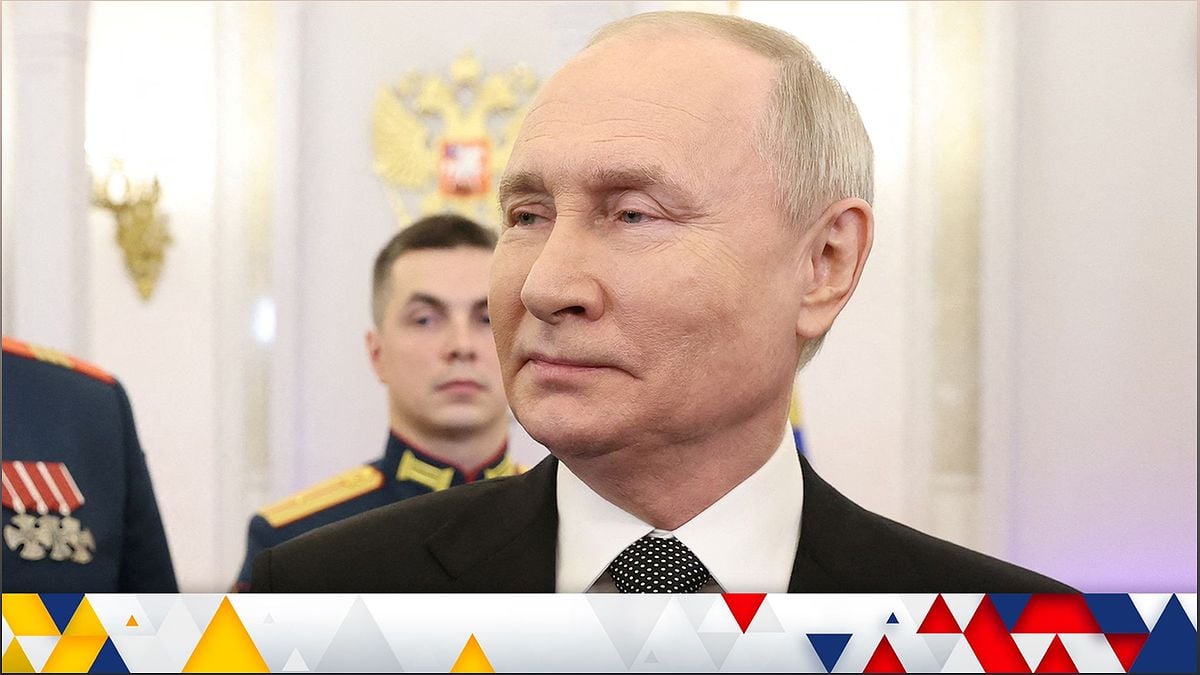Analysis: Putin’s Calculated Announcement and the Implications for Russia’s Future
In this analysis, journalist Emily Johnson delves into the calculated nature of Vladimir Putin’s announcement to run for president again. She examines the implications of his extended tenure, the lack of real competition, and the potential challenges he may face in the upcoming election. Johnson also highlights the ongoing conflict in Ukraine and its connection to Putin’s political survival. With insights into the Russian people’s support for Putin and the potential consequences of his continued rule, this analysis sheds light on the complex dynamics shaping Russia’s future.
The Calculated Announcement
Vladimir Putin’s announcement to run for president again was not a spur of the moment decision. It was a carefully choreographed move that was strategically planned. This calculated announcement sends a message to the Russian people and the international community about Putin’s intentions and his grip on power.

By announcing his candidacy during a ceremony honoring Heroes of the Fatherland Day, Putin created a narrative that portrays him as a leader responding to the requests of the people. However, behind the scenes, this announcement was likely part of a larger political strategy to maintain his rule and control over Russia.
The optics of Putin’s announcement, including his response to the Ukrainian-born commander’s request, were carefully crafted to appeal to the sentiment of the people. This calculated move aims to reinforce the belief that Putin is the only leader capable of fighting for the interests of the Russian people.
Implications for Russia’s Political Landscape
Putin’s decision to run for president again has significant implications for Russia’s political landscape. With the constitutional changes allowing him to potentially remain in power until 2036, there is a lack of real competition and a diminished space for opposition voices.
The absence of genuine competition undermines the democratic process and raises concerns about the consolidation of power. Putin’s control over key opposition figures, such as Alexei Navalny, further solidifies his position and diminishes the chances of a viable alternative emerging.
As a result, the upcoming election is likely to reinforce Putin’s rule and validate his inevitable victory. The lack of a robust opposition and the perception of minimal opposition to his rule may lead to a continuation of his policies and a further concentration of power in his hands.
The Connection to the Conflict in Ukraine
The conflict in Ukraine plays a crucial role in Putin’s political survival. The war has allowed him to rally support and portray himself as a strong leader defending Russian interests.
Putin’s decision to run for president again comes at a time when Russia’s position in the conflict seems relatively strong. The Russian army is holding the line, and Ukraine’s counteroffensive has made little impact. This perceived strength reinforces the narrative that Putin is the leader needed to navigate the challenges posed by the conflict.
However, the upcoming election may bring to light the economic consequences of the war. The allocation of a significant portion of the budget to defense has resulted in reductions in other sectors such as health, education, and social security. The impact of these cuts on the Russian population may shape public opinion and potentially challenge Putin’s narrative of strength and stability.
